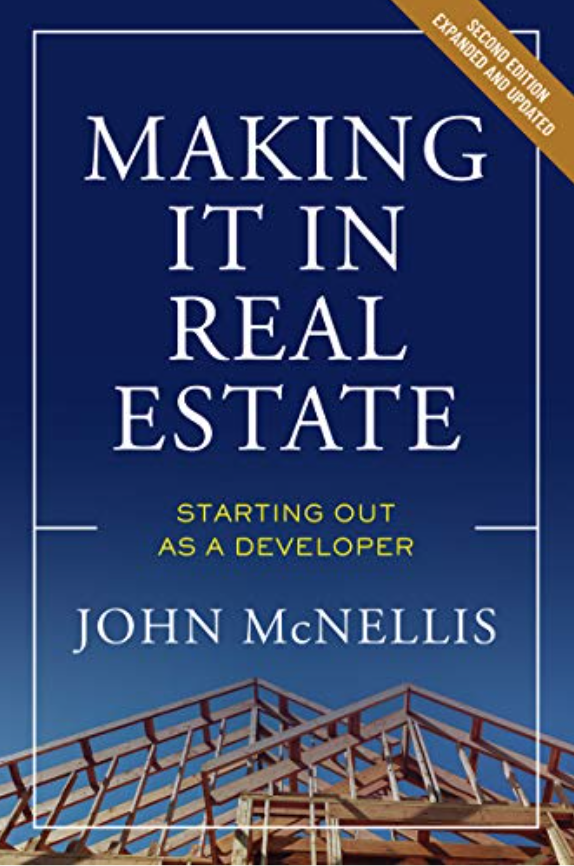If you haven’t made a New Year’s resolution yet, you might consider another way of possibly improving yourself. Rather than resolving to lose ten pounds, drink less or read a new book every week, you might take the long view and ponder your own obituary. It’s been said before, but is worth repeating: If you want to lead a good life, start with your obituary and work backwards.
Like paying attention to our doctors’ advice, sooner or later many of us start perusing obituaries. Some begin earlier than most, especially those—like your correspondent—of Irish descent. (It is no accident that obits are sometimes called the Irish Sports Pages.)
The last stronghold of newspapers, paid obituaries are growing daily in numbers, length, photos and grandiosity as the boomers, the greatest self-absorbed generation, begin to move on. By the way, obituaries have nothing to do with journalism; unless you had a good deal more than fifteen minutes of fame in your lifetime, no professional writer or editor or, more importantly, fact-checker will ever see your obituary before it’s printed. Obits are written by the next of kin, those invariably adored wives, husbands and children left behind.
Written by the grieving with the noblest intentions, lies that would make a sociopath blush are printed every day in every newspaper in America. These falsehoods are not limited to praise for the deceased’s previously unremarked qualities and accomplishments. Since, as the saying goes—winners write the history books—familial biographers often take liberties with their own roles in the decedent’s life. One cold wife refused to interrupt her Caribbean bridge cruise when informed of her husband’s passing in San Francisco. Even though she directed the mortuary to stack the body on ice for a couple weeks and await her scheduled return, her tribute praised her own loving bedside vigil.
Let’s put aside the eternal question as to whether one gets to smile down upon (or, in the case of developers, grimace up at) the bereaved after exiting the stage. Even if you will never know, might you prefer that an accurate record of your life be published rather than a half-remembered, half-invented mythology your heirs cook up over a couple bottles of wine?
Your answer may depend on the life you believe you will have led. Fortunately for us all, life is graded on a forgiving curve and few, if any, approach that curve’s saintly end. A better measure of a good life might be one of simple utility; was your life useful to others? A life spent sloshed at a country club or—to turn the matter on its head—in cloistered prayer is of little use to anyone else, while a lifetime of serving school children as a crosswalk guard is of inestimable benefit.
In short: Viewed as a whole, and with a gentle eye toward your foibles, will your life have been one that would cause a stranger to think kindly of you upon reading your obituary?
If you desire those posthumous kind thoughts, here’s a suggestion*: Write your own obituary now. If you do, try to limit your factual latitude to resume-writing standards; that is, you can nudge your class standing a bit but can’t award yourself degrees. Touch lightly on how much you and your family adored one another and how many promotions you received. And forget about how you loved travel (every stiff, it seems, loved to travel) or how many clubs you managed to join. Skip the tales of self-aggrandizing adventure; even a whiff of that goes a very long way in an obit—“Big deal, so he tried skydiving.” Write instead about how you helped others, perhaps how you managed to be of use to someone other than your travel agent.
Write it the way you want to be remembered and then—what the hell—try to live up to it.
*One I fully intend to try myself one day.


